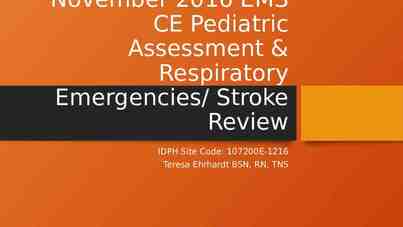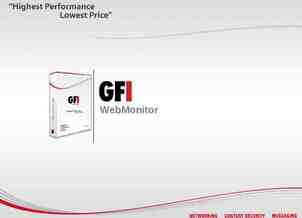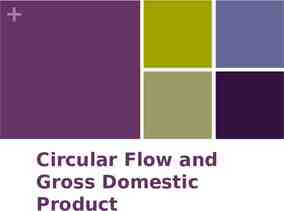Fermilab Workshop Charge: Dr. Carol Johnstone Sept 21-25, 2009
11 Slides7.20 MB

Fermilab Workshop Charge: Dr. Carol Johnstone Sept 21-25, 2009 Fermilab 10/21/2009 Dr. Carol Johnstone 1

FFAGs: (Fixed-field Alternating Gradient) New Directions in Accelerators: Accelerators are playing increasingly important roles in science, technology, and medicine, with demands for – higher beam currents, duty factors, and precision beam control, – All (of course) in the context of affordable and reliable technology. This drive has generated world-wide interest in FFAGs. FFAGs have the high repetition rates characteristic of cyclotrons, yet they embody the advantages of the synchrotron: variable energy, low losses , compact footprint, high energy reach, long insertions- multiple ports, strong-focusing periodic lattice high space charge tolerance. Combining the best features of the cyclotron and synchrotron, FFAG accelerators represent new directions in accelerator science and are presently under international development.

The International FFAG Collaboration: International Accelerator Laboratories and Universities U.S. Fermilab Brookhaven National Lab Lawrence Berkeley National Laboratory University of California: L.A., Riverside Michigan State University Canada TRIUMF University of British Columbia Switzerland CERN France LPS Grenoble U.K. Daresbury Laboratory. Manchester, Liverpool, Leeds, and Lancaster and Oxford University Imperial College Rutherford Appleton Laboratory John Adams Institute, Oxford Birmingham University Clatterbridge Centre for Oncology Beatson Oncology Centre Gray Cancer Center Japan KEK Kyoto University (KURRI) Osaka University

U.S. Industrial Partners/FFAG manufacturers Passport Systems: electron FFAGs for Homeland Security Billerica, MA Muons Inc.: RLAs with single-aperture FFAG arcs Batavia, IL Radiabeam: electron FFAGs Marina Del Rey, CA Tech-X Corp.: Simulation Software for FFAGs Boulder ,CO Particle Accelerator Corp: FFAG commercial design and Simulation Sofware Batavia, IL

From the 50s to today: The Rebirth of the FFAG 1-MeV POP proton FFAG @KEK – this machine was essentially responsible for renewed interest in FFAGs K. Symon Proc. PAC03 452 (2003) Radial sector electron FFAG

Since POP -Explosion of International Development of FFAGs Led by JAPAN 2000 : POP 1st proton FFAG 2005: 150 MeV, 100 Hz Kyoto UniversityResearch Reactor Institute Phase Rotated Intense Muon Source Emittance/Energy Recovery Internal Target: BNCT Therapy

FFAGs in France, U.K. and U.S. France: 230 MeV proton therapy accelerator U.S. and U.K.: Nonscaling Variants for Muon acceleration, cancer therapy and recently ADSR m C 6 5.5 – p 6. 9 12 EMMA: Electron proof-of principle for a Muon accelerator ; research machine @Daresbury Lab PAMELA: Oxford/AsTeC designs for cancer therapy Operational in 2010 FFAGs and Fermilab designs for carbon/proton multi specie rings – under design and engineering

BNL – FFAG gantries and RLA FFAG arcs D. Trbojevic

Industry: Compact electron accelerators: Acceleration from electron gun to multi-MeV Mathematica Ring design with injection and extraction orbits displayed, ultra-compact 1m footprint COSY INFINITY Closed Orbit and Tracking studies using Tosca Field profiles TOSCA Magnet Design.

The FFAG is potentially one of the most powerful accelerators for a broad spectrum of applications The charge of this workshop is to explore potential applications of the FFAG, and technical comparisons with conventional accelerators Present findings and a consensus to a larger audience and critical policy meetings: – Accelerators for America’s Future: Oct 26, Washington D.C. – Applications of High Intensity Proton Accelerators, Oct 19, Fermilab Proceedings will being supported on a MSU grant: NIM has been approached

Welcome to FFAG09: one of a series of international workshops held annually for over a decade since 1999.






